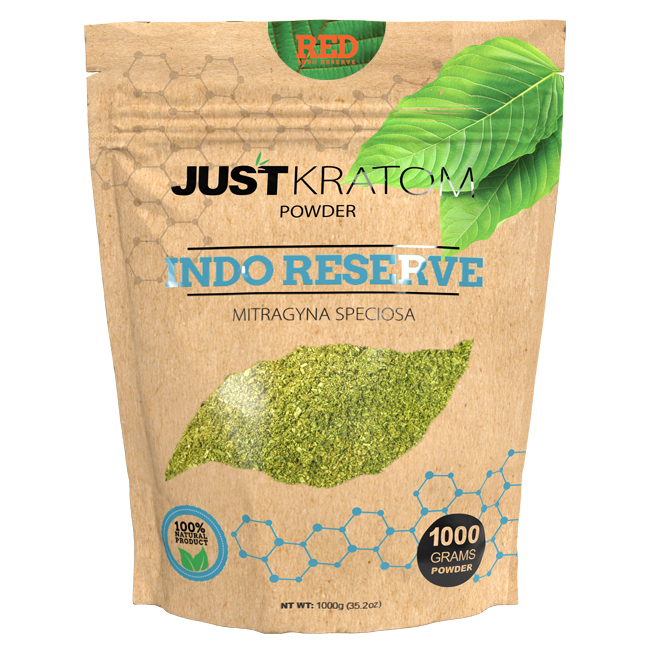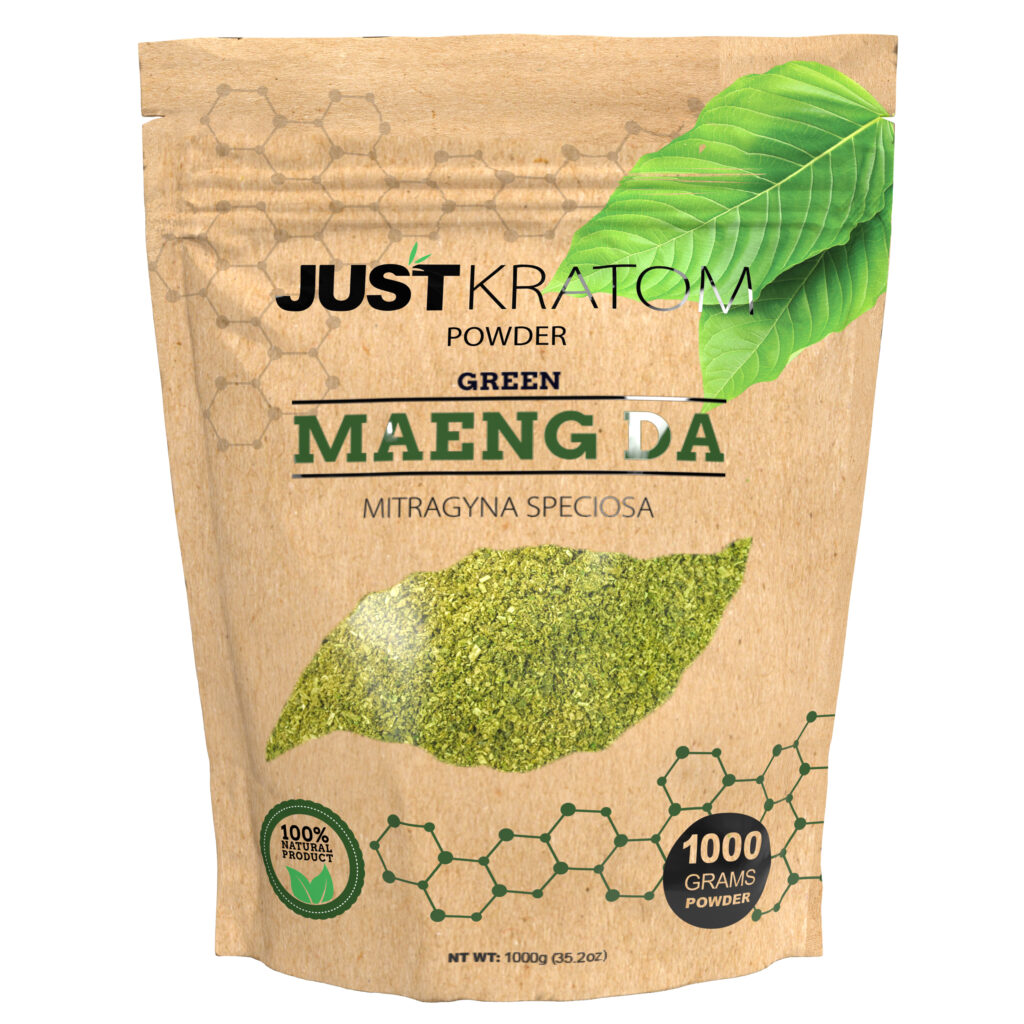Federal Law
In the United States, the legal status of kratom is complex and varies significantly from state to state. While kratom is not currently scheduled as a controlled substance at the federal level, individual states have enacted their own laws regarding its sale, possession, and use.
Current Status
Some states have completely banned kratom, while others allow it with restrictions or have no regulations in place. The ongoing debate surrounding kratom centers around its potential benefits and risks. Advocates highlight its purported pain-relieving and mood-boosting effects, often used to manage chronic pain and opioid withdrawal symptoms.
However, opponents raise concerns about its potential for addiction and adverse effects such as nausea, constipation, and liver damage. The FDA has issued warnings about kratom’s safety and has called for further research to determine its long-term health impacts.
DEA Schedule
At the federal level, kratom is not currently classified as a controlled substance under the Drug Enforcement Administration (DEA) Schedules I through V. This means it is not subject to the same regulations and restrictions as substances like marijuana or heroin.
Despite its legal status at the federal level, individual states have taken different approaches to regulating kratom. Some states have completely banned its sale and possession, while others allow it with certain restrictions, such as age limits or prohibitions on sales in specific locations.
State Laws
Understanding the legal landscape of kratom in the United States requires navigating a patchwork of state laws. While kratom remains unregulated at the federal level, individual states have implemented various policies regarding its sale, possession, and use.
Banned States
The legality of kratom in the United States is a patchwork of varying state laws. Some states, such as Alabama, Arkansas, Indiana, Rhode Island, and Tennessee, have completely banned kratom, making its sale, possession, and use illegal.
Other states, like California and Florida, permit kratom sales but may impose restrictions like age limits or prohibitions on sales near schools.

Many states remain neutral, lacking specific legislation regarding kratom. This leaves its legal status ambiguous in these areas.
Restricted States
In the United States, the legal status of kratom is a complex patchwork of varying state laws. Some states have completely banned kratom, while others allow it with restrictions or have no regulations in place.
States that have completely banned kratom include Alabama, Arkansas, Indiana, Rhode Island, and Tennessee. These states consider kratom illegal to sell, possess, or use.
Other states, such as California and Florida, permit kratom sales but may impose restrictions like age limits or prohibitions on sales near schools.
Many states have not enacted specific legislation regarding kratom, leaving its legal status ambiguous in these areas.
Legal States
The legality of kratom varies greatly from state to state within the United States. Some states have completely prohibited its sale, possession, and use, while others allow it with restrictions or have no specific regulations.
Alabama, Arkansas, Indiana, Rhode Island, and Tennessee have enacted bans on kratom, making it illegal to possess, sell, or use within their borders.
Other states, such as California and Florida, permit kratom sales but may impose limitations like age restrictions or prohibitions on sales near educational institutions.
A significant number of states lack specific legislation regarding kratom, leaving its legal status in those jurisdictions unclear.
Important Considerations
The legality of kratom in the United States is a complex and ever-evolving issue, varying significantly from state to state. While not currently classified as a controlled substance at the federal level, individual states have enacted their own laws governing its sale, possession, and use.
Potential Risks
Understanding the legal complexities of kratom requires careful consideration of potential risks and benefits.
One major risk associated with kratom is its potential for addiction. While some individuals may experience short-term relief from pain or other symptoms, prolonged use can lead to dependence and withdrawal symptoms.
Moreover, kratom’s effects on the body are not fully understood, and there is a possibility of adverse reactions such as nausea, constipation, and liver damage.
Furthermore, the lack of regulation in many areas means that the purity and potency of kratom products can vary widely, increasing the risk of unintended consequences.
Legality Changes
A crucial consideration when examining kratom legality is the potential for legal changes. The landscape of kratom regulations is constantly evolving, with states frequently amending or introducing new legislation.
Advocates and opponents of kratom are actively lobbying for policy changes at both state and federal levels.
As research on kratom’s effects continues, legal frameworks may shift to reflect new scientific understanding, public opinion, and evolving societal attitudes toward alternative therapies.
Staying informed about legislative developments is essential for individuals who use or are considering using kratom.
Responsible Use

It’s crucial to approach kratom with caution and awareness of the potential risks involved.
Individuals considering kratom should thoroughly research its potential benefits and risks, consult with a healthcare professional, and understand the legal status in their jurisdiction.
Given the lack of comprehensive regulation and the ongoing debate surrounding its safety and efficacy, responsible use involves starting with low doses, monitoring for adverse effects, and avoiding long-term or excessive consumption.
It’s also important to ensure kratom is sourced from reputable suppliers to minimize the risk of contamination or adulteration.
Lastly, individuals should be aware of the legal landscape surrounding kratom, as it can vary significantly from state to state.
Order Kratom Powder from Just Kratom today
- Xela Rederm Skin Booster Treatments Near Ockley, Surrey - January 22, 2026
- Xela Rederm Skin Booster Treatments Near Camberley, Surrey - January 19, 2026
- Why Are My Lips Peeling After Lip Filler - January 13, 2026
